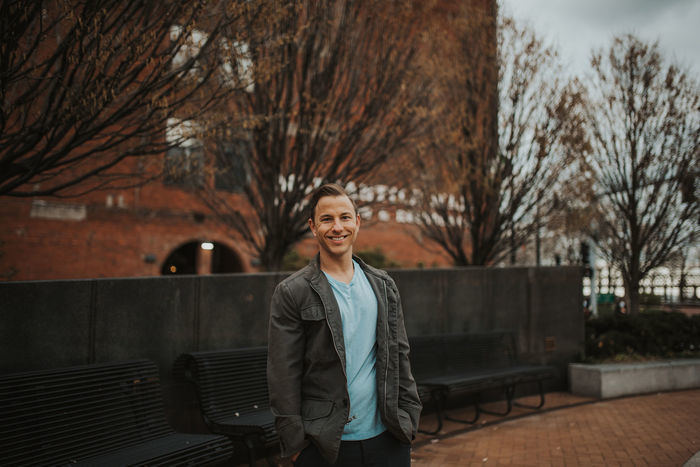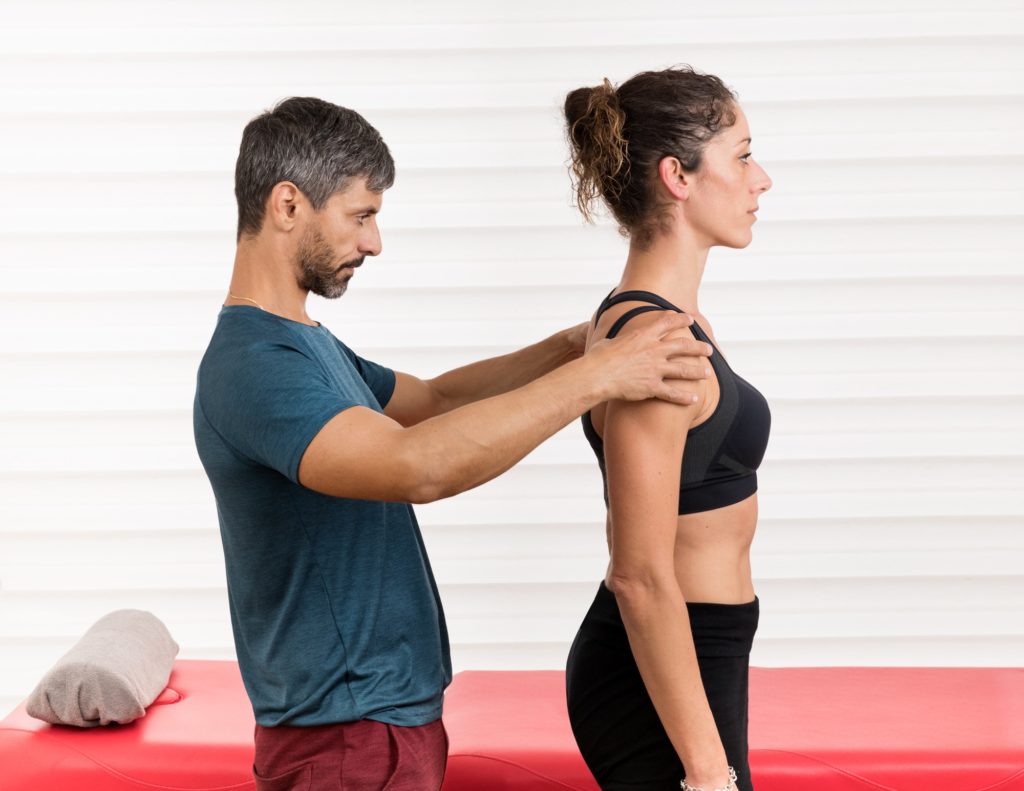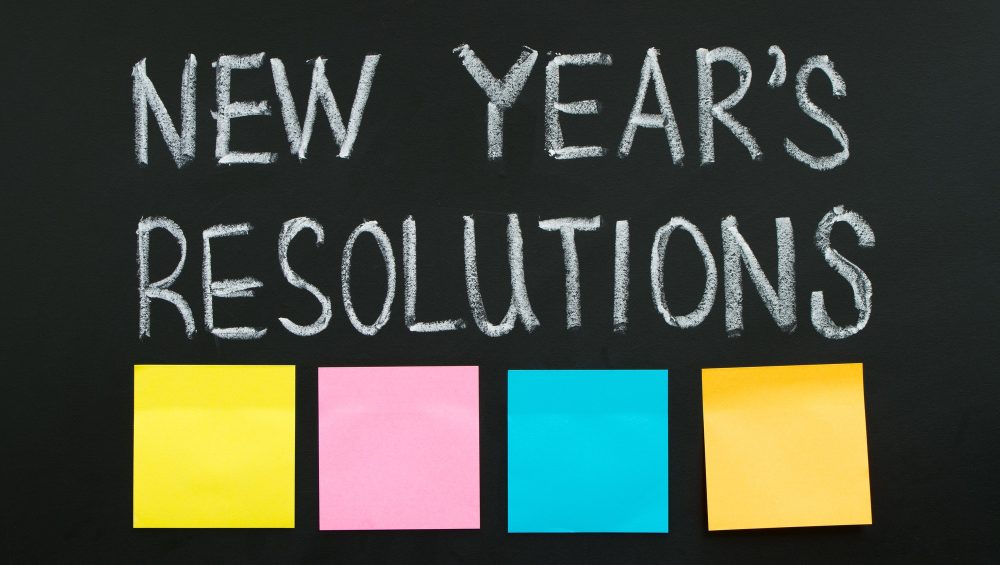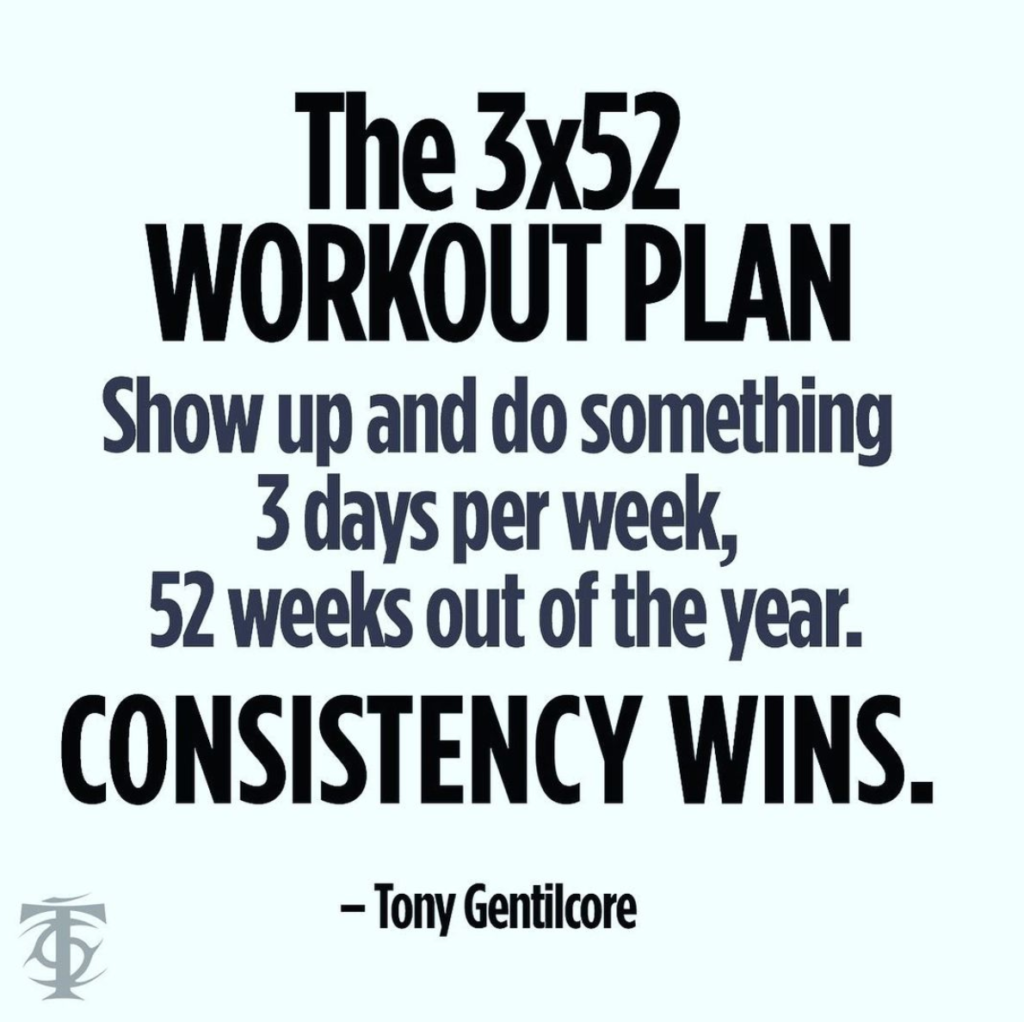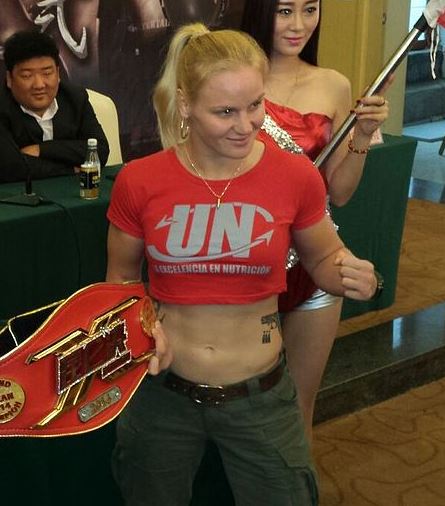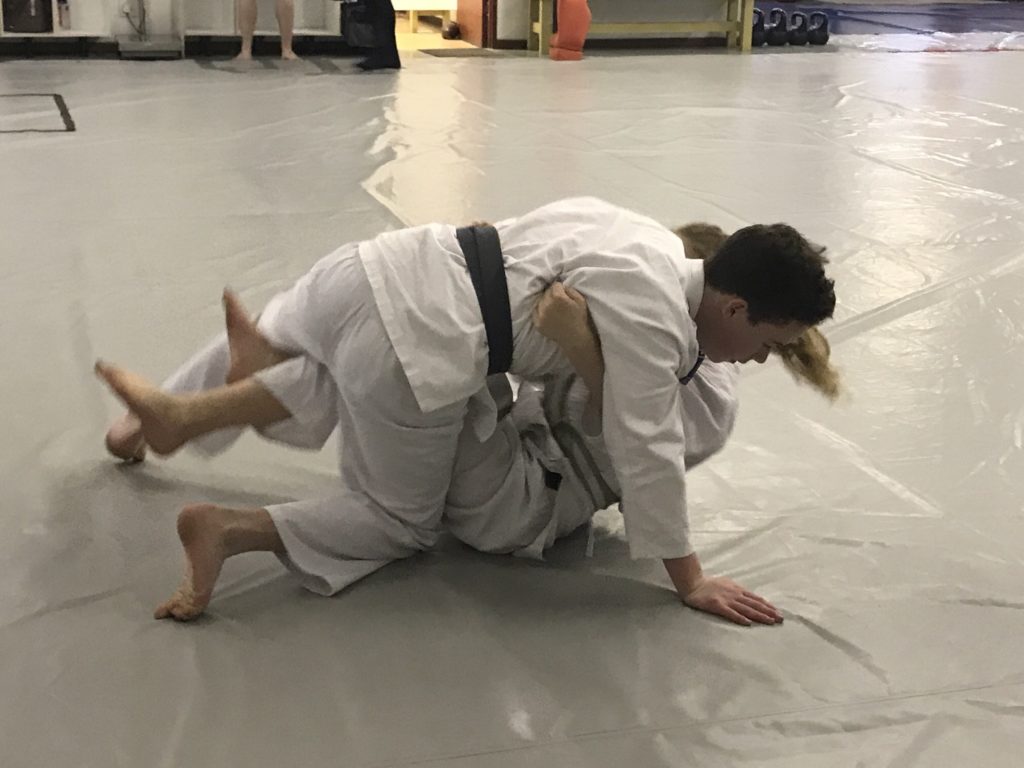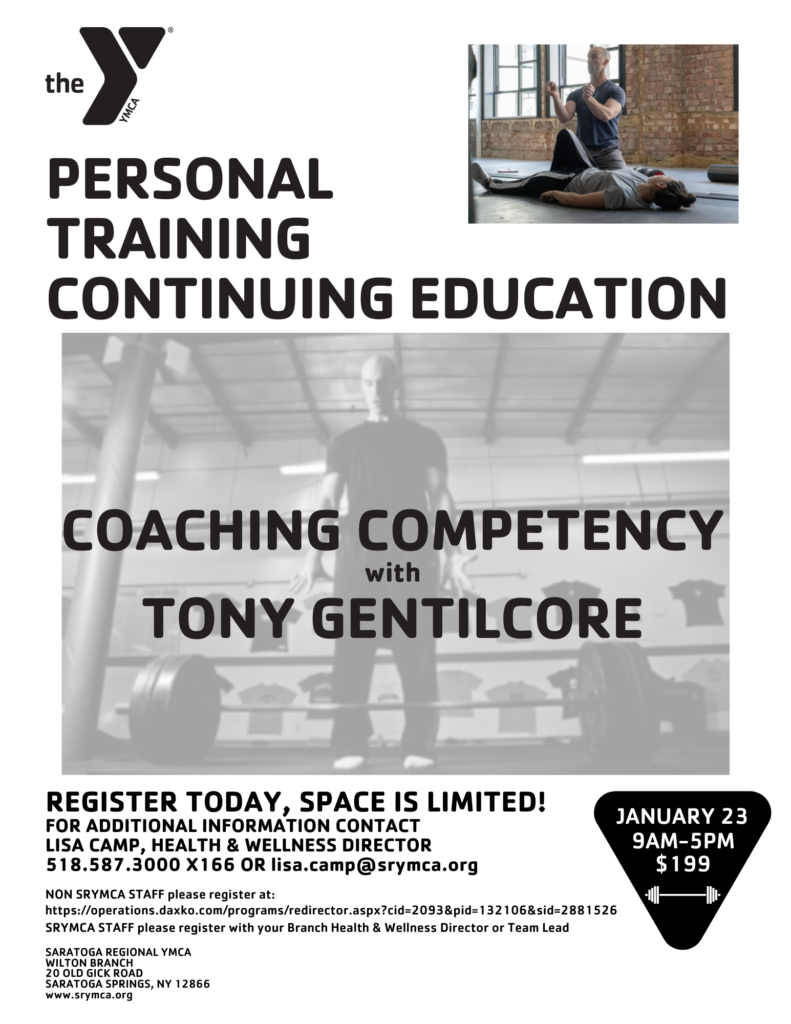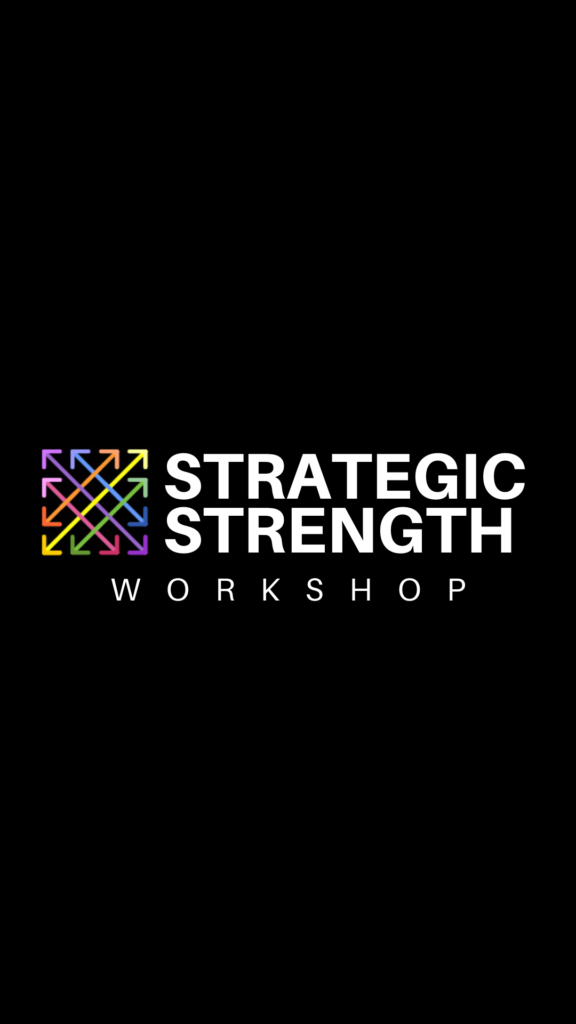Today’s guest post come courtesy of personal trainer, strength & conditioning coach, wellness coach, and owner of more certifications than anyone on Earth, Paul Levitin.
I’ve crossed paths with Paul several times throughout the years. He’s attended a workshop or two of mine and most recently we connected again at the Raise the Bar Conference down in Orlando, FL a few weekends ago.
We got to talking on a bevy of topics while down there and he expressed some interest in writing a guest post for my site on self-sabotage.
Not a light topic by any stretch, but I think you’ll enjoy his writing style. I know I learned a few things!
Enjoy.

Why You Self Sabotage, and How to Stop It
“…Hey you.
You, yeah I’m talking to you…
Why do you keep doing that?
That thing you do… where you say you’re gonna do something, but don’t? Where you talk yourself out of things, give up before you get a result, or commit to obligations you know you can’t fulfill? You keep getting in your own way! STOP IT!…”
That’s me, talking to myself in the mirror, after yet another in a long line of instances of not following through on my commitments, doing what I said I would to, or achieving my goals.
It doesn’t matter if we are talking about a diet, sticking to a workout program, building an online business, or literally anything else.

When it comes to achieving goals, or rather NOT achieving them, it really boils down to one simple thing:
We get in our own way.
I say “we,” because this is an inherently human trait.
Since you are reading this, I can assume that you’re either a human, or an incredibly smart dog, monkey, or octopus, in which case, idk, maybe self-sabotage is a thing for you too. If my hunch is correct though, and you ARE a human, then the fact of the matter is, you have a tendency to self-sabotage (see, I’m doing it right now, talking about octopus in an article about self-sabotage!).
We can make all of the excuses in the world, from lack of time, to not knowing where to start, to a million things in between.
If we are honest though, those are all the same. Different versions of self-sabotage.
- Who controls your time?
- Who controls what media you consume?
- Who controls everything about you?
(That’s not a trick question)
It’s YOU.
Therefore, if you aren’t getting your shit handled, it’s your fault.
YES, there can be external factors. YES some people have kids and jobs and families and pandemics and global economic crises. BLAH BLAH, I get it.
Those things are real, but they still don’t negate the one truth, the truthiest truth, that the only things you have control over in this life are yourself, your actions, and how you spend your time (to an extent).
It may seem abrasive when put so bluntly, but trust me, I am not being judgmental. That’s why I started all of this by telling you a little of my own personal internal dialogue. A wise person once said, “the best research is actually me-search,” and let’s just say I’ve done a shit load of ME-search on the topic of self-sabotage.
I am the one who most holds ME back, and chances are, you are the one holding yourself back.
People don’t like to hear it. However, when we do hear it, we inherently usually (if begrudgingly) tend to admit this to be true, because well, it’s true. You can’t really argue against it (RIP my inbox, I know the keyboard warriors are coming for me).

There’s a keyboard somewhere in the background. Look closely. See it?1
I’ve spent this much time hammering this point because it is imperative that we get past this right out of the gate if we are to move forward.
Now that we are on the same page, let me lay out three key mindset shifts that you MUST adopt if you want to have a chance in the battle of self-sabotage.
The First Key Is Acceptance
Acceptance lies at the root of all positive change. Acceptance of what is.
If I want to lose weight, I have to first accept that I am at a weight that I am unhappy, or otherwise uncomfortable at. I must accept that my decisions around food and activity up until this point have gotten me here.
If I want to build a successful fitness blog, I have to accept certain realities as well. I have to accept that I need to practice writing. I have to accept that an established blog like the one you’re reading this on, has a huge readership and trust that I don’t have yet, and that my clicks will pale in comparison.
I need to accept what IS, and what IS NOT.
What is a FACT.
Because, on the flip side of acceptance, is blame. Blaming others, blaming algorithms, blaming genetics.
John Maxwell has a great quote on leadership that goes “we don’t solve problems that we didn’t create.” If you can pass the blame, pass the buck, you will also find reasons not to find the solution.
So if you want to stop self-sabotage, and get out of your own way, it starts with accepting the realities of your current situation.
The Second Key Is to Set Better Goals
A big reason I’ve found myself, and my clients self-sabotaging in the past, is because we tend to work towards goals that don’t really matter.
When I say “don’t matter,” what I mean is, they don’t have a deep internalized meaning.
Sure you want to lose weight. Who doesn’t? If I had a magic wand and said I’d wave off a couple kilos of fat for you, pretty much everyone on the planet would take that deal.
But when you set a goal to lose weight, are you thinking about what it really means?
- Why do you want to lose weight?
- Is it truly for you?
- Why 20lb, not 10, or 23?
Is it because you want it, or is it because society told you that you’re supposed to look a certain way?
When you have chest and arm day scheduled, but would rather sit and eat a bag of Cheetos, is that you being lazy, or do you have no real connection to the goal of having bigger pecs?
Who said that was the ideal physique?
(NOTE from TG: My wife would call this “should’ing on yourself.” I should look “x” way, I should follow this training split, I should watch Yellowjackets on Showtime. Stop should’ing on yourself.)
We understand that fitness is important, and movement and exercise are a conduit to that. But does that mean you have to bench press?
Maybe you’d be better served doing pilates twice a week, and dancing to Zumba with your kids during playtime?
Trying to force-feed yourself goals, because they are accepted as the “standard” seems smart on the surface. However, deep down, your subconscious mind is all “uh, fuck that noise. I don’t even want any of that result, so why would I put myself through the stress of doing the work?”
When there is no connection, you’ll find it very hard to stay motivated.
If instead you have goals that aren’t just arbitrary, and are actually built around you, and make you feel GOOD, and make you EXCITED to go out and do the work it will take to achieve them, then you’re setting yourself up for success.
Lastly…
The Third Key to Stop Self-Sabotage Dead in its Tracks, Is to Embrace Failure
The biggest, most pervasive form of self-sabotage, is undoubtedly perfectionism.
We want things to go well, we want everything to work out perfectly. We expect them to, and when they don’t, the little thought gremlins come in saying “well, no point now!” or “see, I knew we couldn’t do this!”
This is the dieter who lets one meal off plan turn into a day, which turns into a weekend, into a “i’ll start next month.”
It’s the lifter who has five workouts scheduled, and when a life event causes him or her to miss three, decides the other two aren’t worth doing.
Logically, it’s easy to see why this fallacy holds us back. However once again, this stuff is human nature. This isn’t me or you, it’s just how our brains work.
To combat this, we must lean into failure. You have to understand that not only is failure probable, it is GUARANTEED. There is no world, no universe or time lines in all of Dr Strange’s multi-verse, where you are not going to fail.
It is as certain as the sun rising each morning, or as me clicking “I’m still watching” on netflix. There is no other way around it.
You cannot be perfect. You cannot be perfect.
YOU.
CANNOT.
BE.
PERFECT.
Once you accept that (hey, that’s key one, that’s a callback!), then you don’t have to be so afraid of failing anymore. You’ll be able to push yourself more, to try things that normally you might not (key 2), and most importantly, when you do fail, which you will, you won’t let it get you down, because you’ll remember that it’s all part of the process (key 3).
Get out of your own way, and there will be nothing else in the world that can stop you!
About the Author
 Paul Levitin spent a decade as a personal trainer & strength and conditioning coach, becoming the number one trainer in his entire company, while collecting over 30 certificates (CES, CSCS, PRI, PN1, FRC, & many more).
Paul Levitin spent a decade as a personal trainer & strength and conditioning coach, becoming the number one trainer in his entire company, while collecting over 30 certificates (CES, CSCS, PRI, PN1, FRC, & many more).
Wanting to better serve his training clients, he began to study behavior change, and eventually became a Board Licensed Health & Wellness Coach (NBHWC). This led him to create his education and mindset coaching company “The Healthy Happy Human Academy,” where he now helps clients deal with things like self-sabotage and perfectionism, to allow them to build a healthy, happy life.
He seeks to bridge the gap between the worlds of fitness and nutrition, and the frustrated, overwhelmed masses who just want to move more, feel better, and live a little longer.
https://www.instagram.com/paullevitin/
The Healthy Happy Human Podcast
The Healthy Happy Human Academy FREE Facebook Group




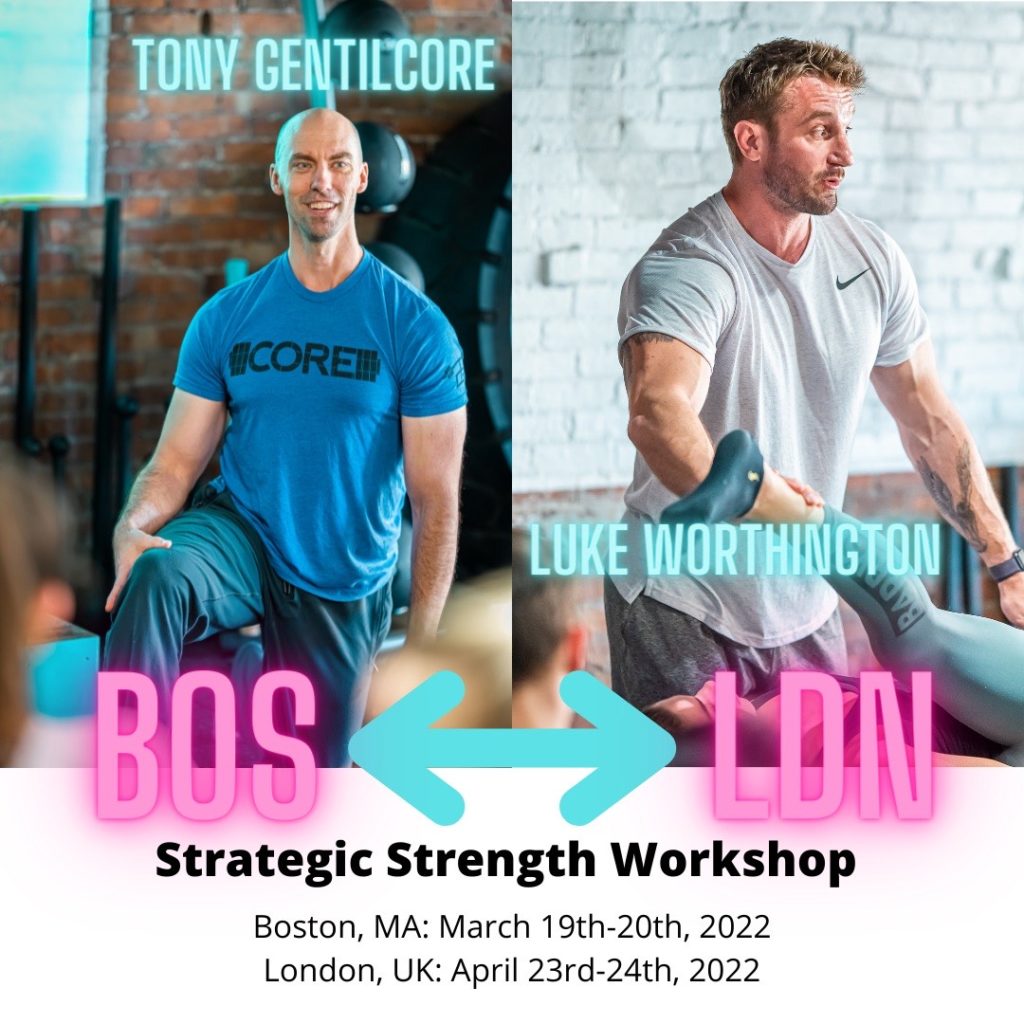












 Megan Schall is a certified nutrition coach and personal trainer located in Minneapolis, Minnesota. Through her customized online nutrition coaching programs, Megan helps you clarify your goals and take action to address all aspects of well-being: nutrition, sleep, stress management, movement, mind-body awareness, and more. By building skills and routines that fit into your real life, Megan will help you make changes to your nutrition and self-care habits to meet your health and wellness goals and create sustainable, lasting results.
Megan Schall is a certified nutrition coach and personal trainer located in Minneapolis, Minnesota. Through her customized online nutrition coaching programs, Megan helps you clarify your goals and take action to address all aspects of well-being: nutrition, sleep, stress management, movement, mind-body awareness, and more. By building skills and routines that fit into your real life, Megan will help you make changes to your nutrition and self-care habits to meet your health and wellness goals and create sustainable, lasting results.



